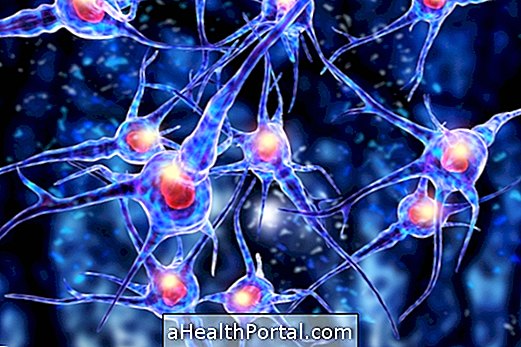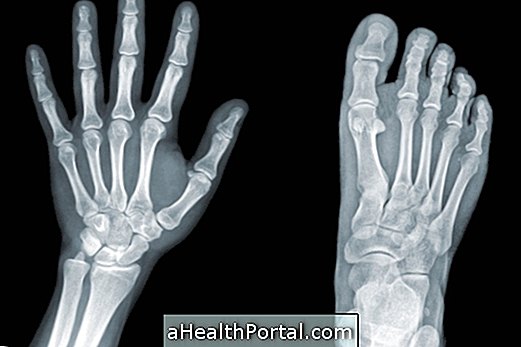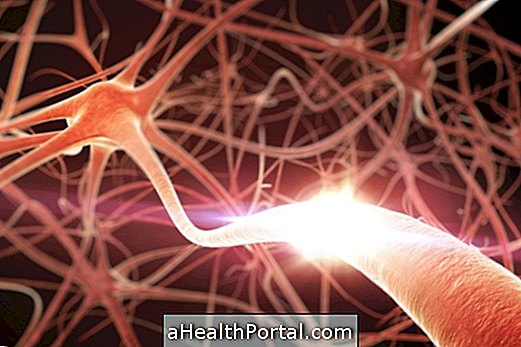Hypermensia, also known as a highly superior autobiographical memory syndrome, is a rare syndrome, and carriers are already born with it, and they forget almost nothing throughout their lives, including details such as names, dates, landscapes and faces. In order to confirm this syndrome, it is necessary to perform tests of cognition and memory, including several questions of past events.
People with this type of memory can remember past events, and memories are extremely durable, sharp and lively. What happens is that, the carriers of this rare condition have a greater development of the memory area in the brain.

The ability to remember events is an important area of cognition, which allows better reasoning and interaction between people, but the ability to forget old or unimportant facts is also essential for the brain to focus on more important facts, causing less wear.
Main features
Symptoms of hypermnesia:
- To remember facts since newborn, with enough vivacity and accuracy;
- Keeping memories compulsively and unnecessarily;
- Easy to remember dates, names, numbers and recreate landscapes or paths, even if seen only once in life.
Thus the person with this syndrome have increased ability to remember past or present facts, can remember perfectly facts from several years ago and usually spend a lot of time thinking about the past.
In addition, most sufferers of this syndrome can cope well with this situation, but some consider it too tiring and uncontrollable.
How to confirm
Hypermnesia is a very rare syndrome, and to be diagnosed, a team of neurologists and psychologists perform tests of reasoning and memory capacity, including questionnaires that evaluate the memory of personal or public events that have occurred in the last 20 years, such as elections, competitions or accidents, for example.
It may also be necessary to observe the symptoms and perform cognitive tests, such as the neuropsychological test, which analyzes all types of memory, including the autobiographical one.
In addition, there are reports of hypermnesia in people with psychosis, but it is a temporary change, not permanent as in the syndrome, and must be treated by the psychiatrist.
Treatment
The person with hypermnesia must learn to deal with excessive memory, which can cause a lot of anxiety and difficulty adapting. Thus, it is advised to have a follow-up with a psychologist, so that their skills are developed and oriented, so that they are well adapted to the person's daily life.
It is also recommended that these people do not expose themselves to very traumatic situations, so that they are not likely to relive these situations at all times.




















